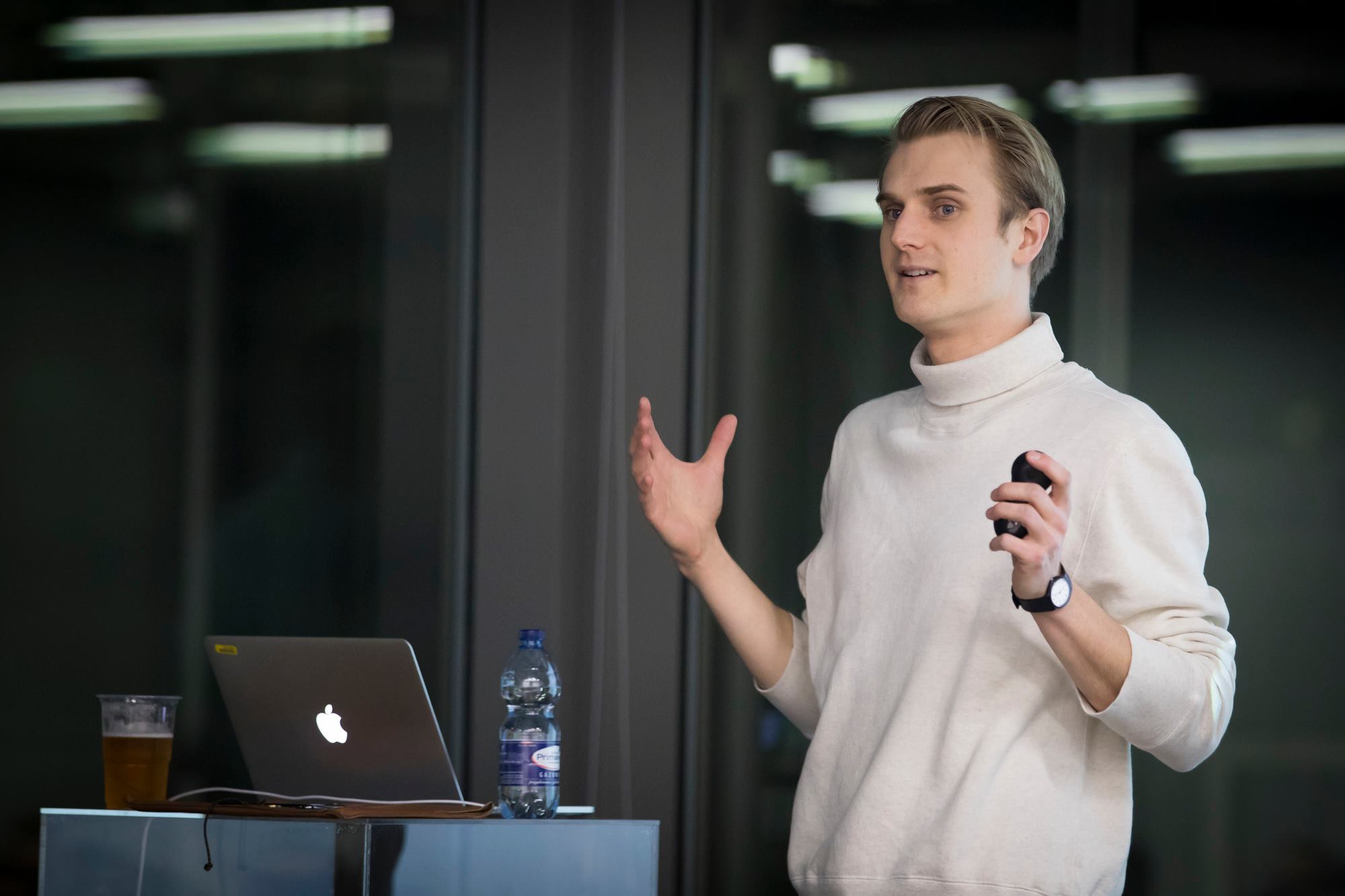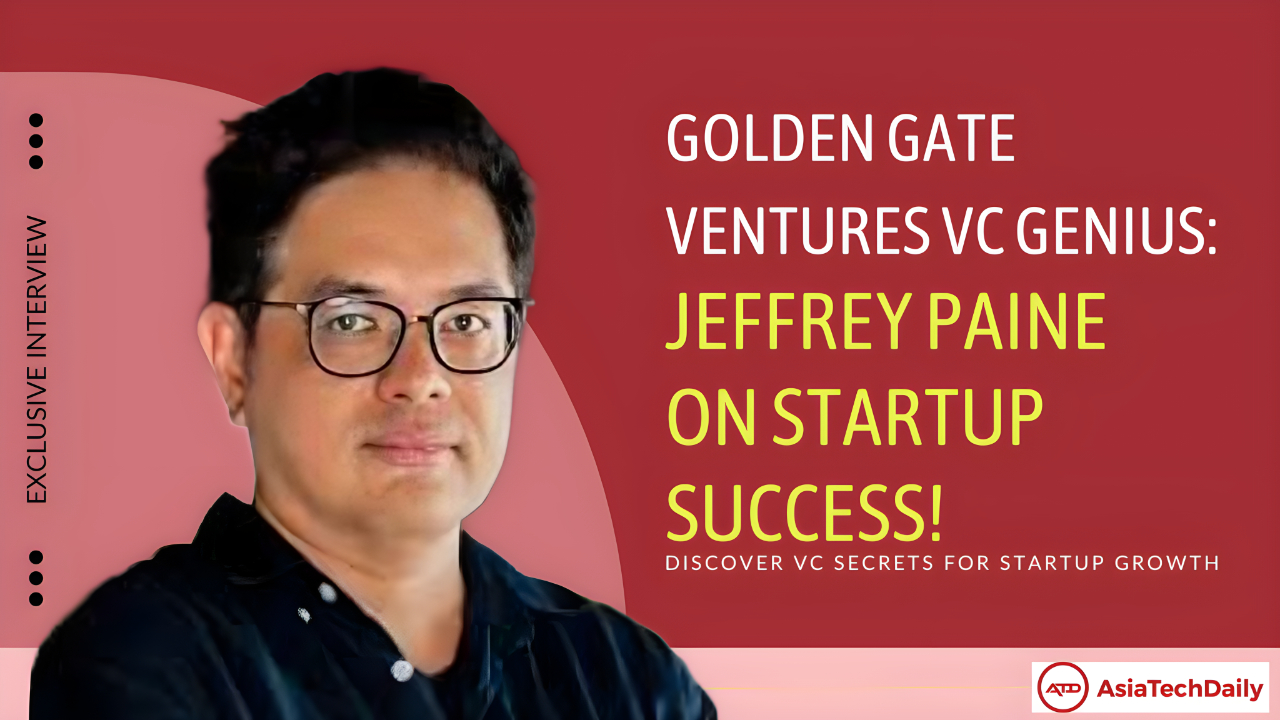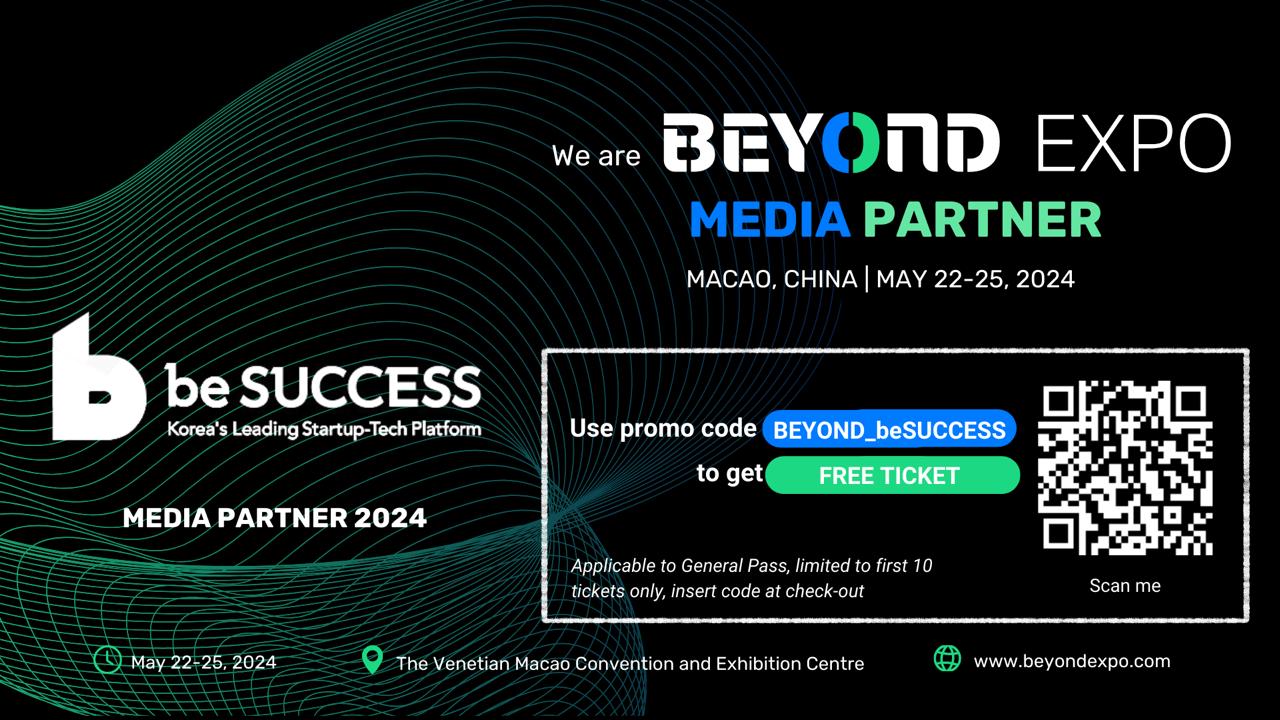AsiaTechDaily – Asia's Leading Tech and Startup Media Platform

How Fredrik Haga Co-founder And CEO Of Dune Analytics Raised $2.2M To Build A Free Ethereum Analytics By And For The Community?
Fredrik Haga is the co-founder and CEO of Dune Analytics, an Ethereum-centric analytics platform.
He is a Norwegian with a background in Economics from schools like the University of Sydney and UC Berkeley. He’s very interested in the intersection of technology and economics. He’s also a big hip hop fan and goes freestyle skiing whenever he can.
In an exclusive interview with AsiaTechDaily, Fredrik says:
“Nothing is linear” was great advice we got from our pre-seed investor on doing a startup. You can work hard on something for a long time, with little results, and then suddenly, when things take off, they take off incredibly quickly. This is important to keep in mind when you’re working on something you have faith in but maybe shows lacking traction initially.
- Have fun, don’t take yourself or what you do too seriously
- Take your own health and well-being very seriously
- Keep your integrity – that could be it in what music or culture you like or what you do with your career
Read on to know more about Fredrik Haga and his journey.

Please tell me about your personal background and What motivated you to get started with your company?
Fredrik Haga: My educational background is in economics, but I’ve always been very interested in technology. When I first discovered Bitcoin 5 years ago, I quickly realized that it was a great mix.
I worked on Ethereum projects with my co-founder at a large Norwegian company with 200 million users. And we realized that crypto was too young for that company to take a bet on, so if we wanted to have an impact, we needed to go all and start our own company.
What is your current main product, and can you share any previous product pivot story to the current product?
Fredrik Haga: The current product is an open platform where anyone can easily create analyses of Ethereum smart contract data and share their dashboards with the world, all for free. The initial idea was to make more of a Mixpanel/Google Analytics type of product, but an open product would be way more powerful and interesting after a few months.
How much money have you raised in total so far? When was the recent funding round?
Fredrik Haga: We’ve raised $2,2M. Our seed round was the most recent one announced in September.
What were the internal decision processes in determining when to begin fundraising, and what were the logistics for this? And how many investors have you met so far, and how did you meet these investors, and which channels worked best for you?
Fredrik Haga: At the end of the day, it boils down to traction. You do, of course, have to have the whole story and so forth in place, but traction is what will make or break your fundraising. We did some fundraising right before COVID, and it while it was already hard, it became even harder after COVID hit. For us, we eventually ended up fundraising because we had great traction, and investors started contacting us. Throughout our two year history, we’ve probably had around 150 investor meetings.
What are the biggest challenges and obstacles that you have faced in the process of fundraising? If you had to start over, what would you do differently?
Fredrik Haga: One thing to think about is that some investors are skeptical about your company because they don’t have a good enough understanding of what you are doing. In contrast, others understand and push you on key questions you really should find a better answer to.
I think it’s very useful to be mindful of this distinction. If you don’t ignore the former group, it can hurt your morale, while if you don’t internalize the latter group’s feedback, your business might fail.
Another thing is that running a parallel process with many investors is ideal if you have or can get all the connections rolling at the same time. We talked to investors more over time, and that also worked, but if we were to do it again, I would run a shorter process with more investors in parallel.
What are your milestones for the next round? And what are your goals for the future?
Fredrik Haga: We’re a social data tool that allows anyone to create analysis on the same dataset (Ethereum and blockchain data). The goal is to foster collaboration and transparency around crypto data by allowing the whole industry to build together as opposed to in a siloed way, as is the case for data products in a lot of other industries.
How have you attracted users, and with what strategy have you grown your company from the start to now?
Fredrik Haga: We’ve not spent any money on marketing, so our growth is through word of mouth and users sharing the analysis they build with Dune.
Which has been the best marketing software tool for the growth of your startup, and why?
Fredrik Haga: All our marketing is essentially Twitter. Since we’re building a community-driven product in a community-driven space, Twitter is a great venue for sharing analysis built on Dune.
What do most startups get wrong about marketing in general?
Fredrik Haga: I think users and customers are people and not robots like a lot of marketing seem to assume. I believe in having fun with how you communicate with your potential users and customers. It’s more fun to create, consume, and will have a higher ROI.
How do you plan to expand globally?
Fredrik Haga: The crypto industry is very global by default, so we already have users and customers across the globe.
How do you handle this COVID-19 outbreak situation for your company’s survival in the future?
Fredrik Haga: Keep cash burn low.
What are the most common mistakes founders make when they start a company?
Fredrik Haga: Maybe to think that things will happen very quickly. Like getting customers and investors, many things take a lot of time, and deals practically never happen as quickly as you hope or think.
What’s the best advice you’ve ever received? And What advice do you have for someone who is interested in doing similar things like yours or in a similar direction?
Fredrik Haga: “Nothing is linear” was great advice we got from our pre-seed investor on doing a startup. You can work hard on something for a long time, with little results, and then suddenly, when things take off, they take off incredibly quickly. This is important to keep in mind when you’re working on something you have faith in but maybe shows lacking traction initially.
What are the top-three books or movies (TV series) that changed your life and why?
Fredrik Haga:
The Black Swan – Nassim Taleb. I changed how I think about the world, risks, and outcomes. It was very influential for me because it was a stark contrast to the things I learned in university at the time.
Thinking Fast and Slow – Daniel Kahneman. How you and others around you think and operate is always relevant—a great book filled with novel insights that are both amusing and very applicable.
The Code Book – Simon Singh. An amazing mixture of education and colorful storytelling. You grasp how something as complex as cryptography works while seeing it in historical context and having fun along the way.
How do you keep yourself motivated every day?
Fredrik Haga: I get tremendous meaning from building a useful product in an important and vibrant industry. I also very much believe in eating healthy, sleeping enough, and regularly working out (outdoors).
What are the top- three life lessons that you want your (future) sons and daughters to know?
Fredrik Haga:
- Have fun, don’t take yourself or what you do too seriously
- Take your own health and well-being very seriously
- Keep your integrity – that could be it in what music or culture you like or what you do with your career
What would you like to be remembered for?
Fredrik Haga: It would be as someone who has build something useful while being a fun guy to encounter.
You can follow Fredrik Haga here.
Are you looking to secure investment for your startup or a keen startup enthusiast, keep an eye on our interview section.
Follow Asia Tech Daily to know about the innovative startups and how they are revolutionizing the ecosystem.





